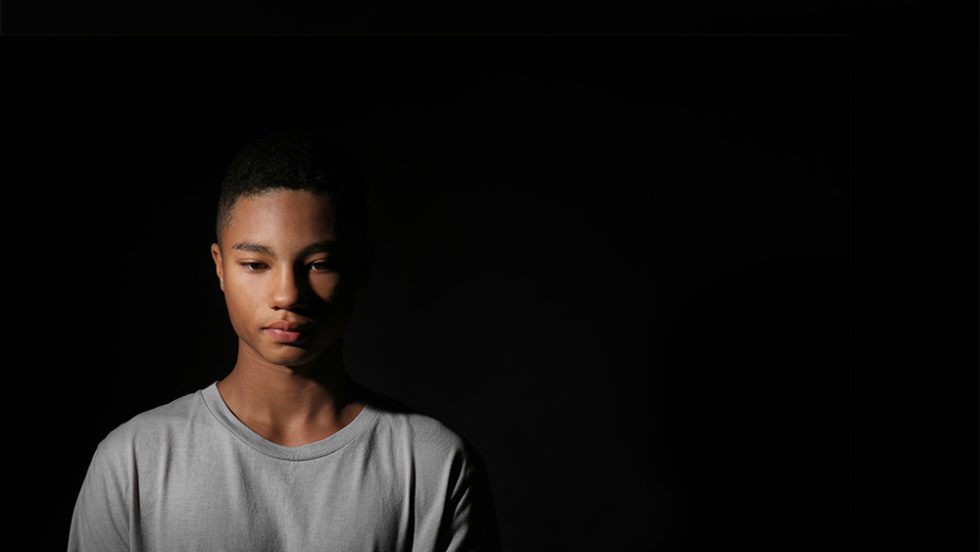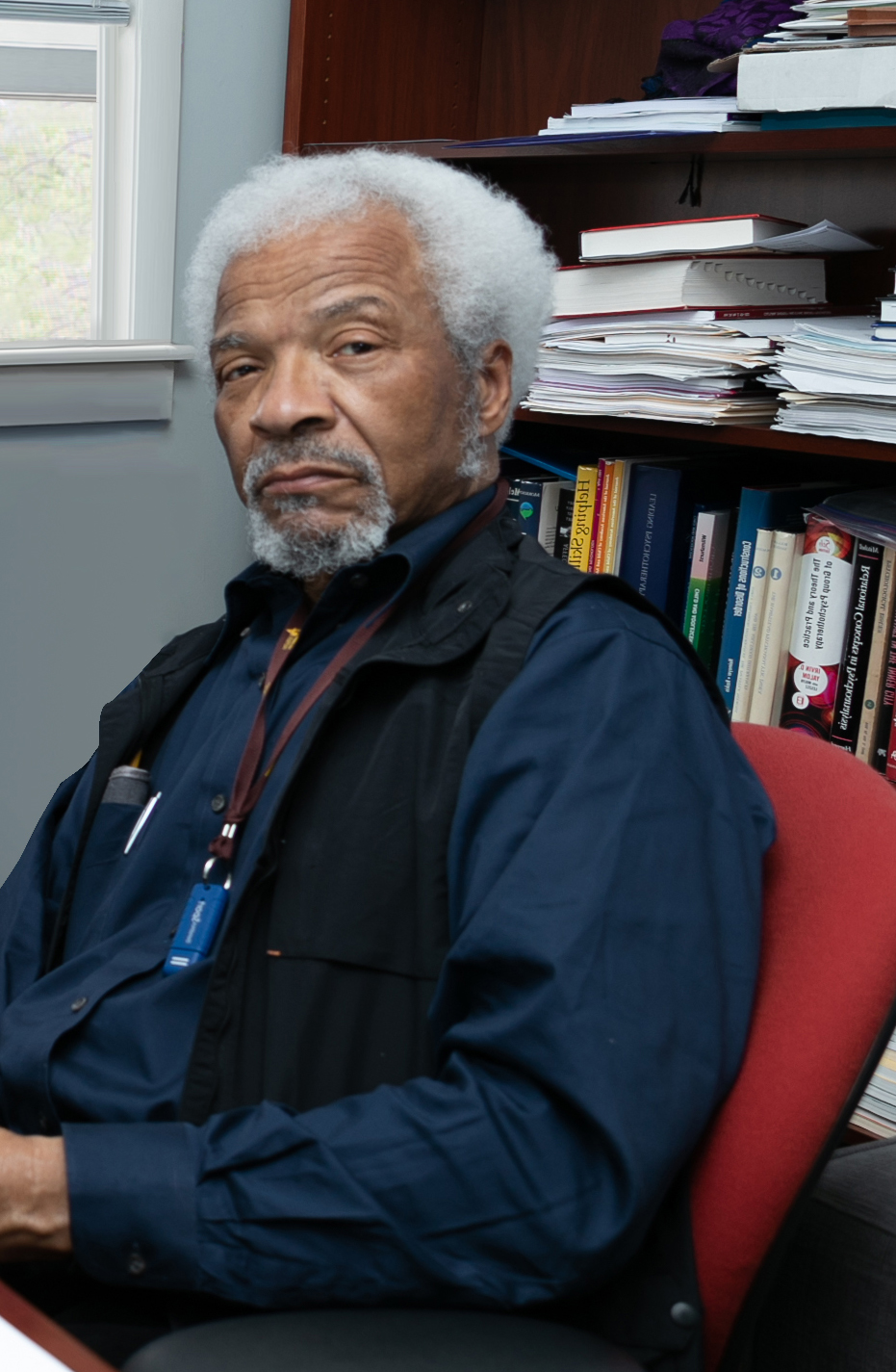
An article by Kirkland Vaughans, PhD ’85, clinical director of the Derner Hempstead Child Clinic, explains how traditional psychotherapy misses the impact of structural racism on Black boys’ psyches—and suggests what to do about it.
How traditional psychotherapy misses the impact of structural racism on Black boys’ psyches—and what to do about it.
The typical psychotherapeutic model employs a highly individualized lens: a patient sits down with a therapist and discusses their life, exploring the depths of their unconscious mind to work toward self-discovery. While this approach has helped many people lead happier, more fulfilling lives, Kirkland Vaughans, PhD ‘85, senior adjunct faculty member in the Gordon F. Derner School of Psychology, argues that it has proved inadequate in meeting the needs of one of our country’s most vulnerable populations: Black children, particularly Black boys. His latest article, “Black Boys in the Eye of the Storm,” published in the April 2021 edition of The Psychoanalytic Study of the Child, issues a call to action to the American psychoanalytic and psychodynamic community: “Begin to pay attention to the crisis that Black boys face due to white racism.”

Kirkland Vaughans, PhD ‘85, senior adjunct faculty member in the Gordon F. Derner School of Psychology
According to Dr. Vaughans, psychotherapy lets Black boys down by failing to understand the broader context of their experiences as well as the role racism plays in the therapeutic process. “We need to look at our own personal attitudes, which have been honed culturally since birth, that cause us to perceive Black children as dangerous,” he noted. “I also want clinicians to recognize that the Western model of boyhood tends to exclude Black boys.”
In service of that goal, Dr. Vaughans uses the phrase “Black boy” deliberately. “It is rare in the media for such children to be addressed as Black boys,” he said. “Instead, they are called Black males or Black men, which is a way of denying these youngsters a crucial developmental period called boyhood. If you’re not a ’boy,’ that means you’re not in need of protection or guidance: You’re seen as a guilty adult. But Black boys are at risk in their schools, in the streets, in the courts and in foster care.”
To ensure that Black boys receive the “psycho-nourishment” they need, Dr. Vaughans prescribes the use of therapeutic treatments that confront intergenerational trauma, which occurs when a group of people are traumatized by a collective event, then deprived of the opportunity to resolve it. “For Black people, the catalytic trauma was enslavement, but that trauma is still perpetuated in part because our society continues to deny it,” he said. “In child therapy, we have to work closely with parents to help the family understand some of the stress they are accommodating. The therapist should try to bring awareness of past trauma—in other words, what frightened the parents’ own parents and their grandparents.”
Dr. Vaughans also urges clinicians to utilize a treatment called mentalization. This practice improves patients’ ability to self-reflect by helping them understand that every person has a unique mind, with motives and thoughts separate from everyone else’s. When successful, mentalization can cultivate a strong sense of self among Black boys.
“Mentalization forces us to reflect on why others do what they do instead of assigning labels to behavior,” Dr. Vaughans explained. “That means we’re able to think in terms of meaning. Mentalization-based treatment helps children become more in touch with their internal affective world and less dependent on impulsivity, which leads them to make healthy, positive decisions.”
A noted expert in the psychology of Black boys and adolescents, Dr. Vaughans has presented at more than 125 conferences and panel discussions. He has treated Black youth in the East New York section of Brooklyn for 25 years, and spent 13 years treating mostly Black and Latino boys on Long Island in Hempstead, New York. For the past eight years—first as clinic director and then as clinical director, his current position—he has overseen the community-based psychotherapy program at the Derner Hempstead Child Clinic. In recognition of his important contributions, he earned the 2021 Diversity Award from Division 39 (Psychoanalysis and Psychoanalytic Psychology) of the American Psychological Association.
As Dr. Vaughans looks toward the future, he expects the need for community-based mental health care to grow significantly—especially in the wake of COVID-19, which has taken a particularly severe toll on poor communities and communities of color while simultaneously robbing them of time and space to grieve. For therapists who serve these communities, far greater attention must be paid to “theorizing and understanding cultural attitudes on race.” Without critical analysis of the “insidious effect of structural racism,” he maintains, the therapeutic arena will remain inhospitable to Black boys.